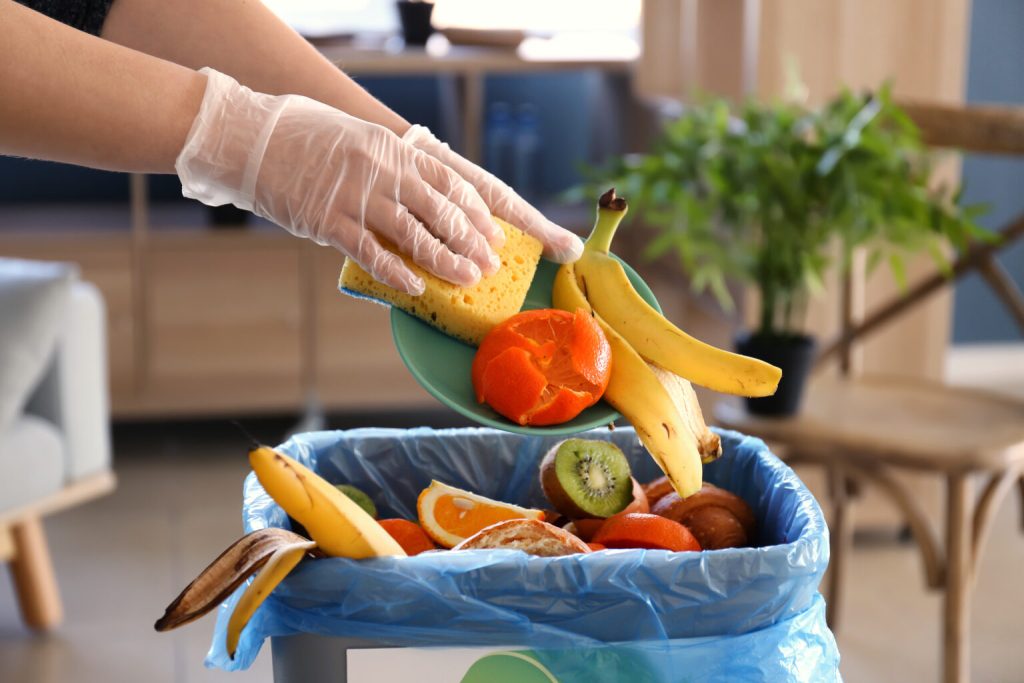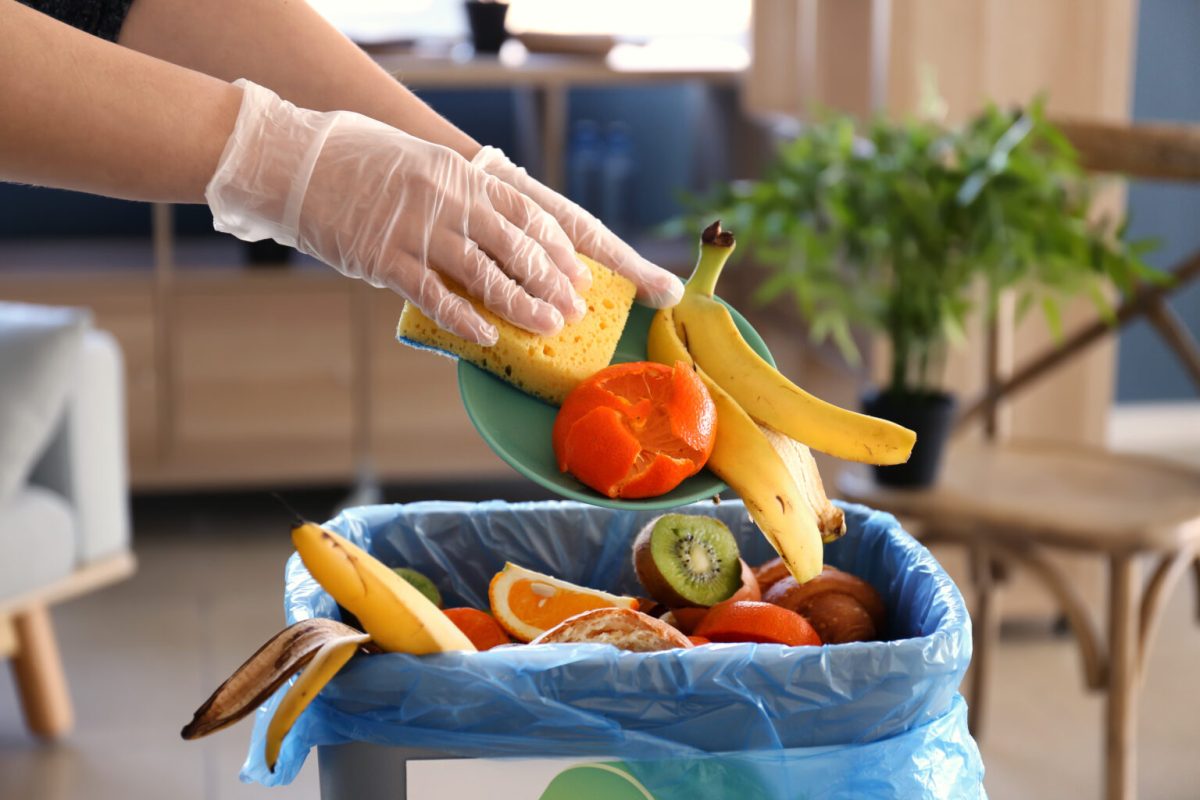
The Rutgers Cooperative Extension (RCE) Food Waste Team is partnering with The Ohio State University, which was awarded a $2.5 million Pilot Consumer Education Campaign on Food Loss and Waste grant by the U.S. Department of Agriculture.
RCE’s Food Waste Team has a strong record of success in implementing food waste education and reduction initiatives and joins Ohio State on the latest USDA grant to develop, implement, and evaluate a pilot consumer food waste education campaign.

Sara Elnakib, chair of the Family and Community Health Sciences Department, heads the Food Waste Team at Rutgers and has led the implementation of effective climate change and food waste reduction programs in the municipal sector through various grant-funded projects. Elnakib and team have been working on the issue of food waste in New Jersey schools since 2017, including the state-funded “NJ Leaves No Bite Behind” project focused on educational interventions to reduce food waste in New Jersey schools.
Elnakib joins Brian Roe, the Fred N. VanBuren Professor of Farm Management in the Department of Agricultural, Environmental and Development Economics (AEDE) at Ohio State, on this new USDA grant that is part of the agency’s ongoing investment in research and consumer education to help reduce food loss and waste.
The collaborative pilot consumer education campaign to be developed by Ohio State and the RCE Food Waste Team will focus on promoting educational resources and guidance on how consumers can effectively combat household food waste. The outcomes of the pilot campaign will inform the development of an integrated education program for governmental and non-governmental organizations for local consumer food waste reduction campaigns.
According to the USDA, 30-40% of food produced globally is either lost or wasted throughout the farm-to-consumer supply chain, such as in fields due to spoilage and pest damage, while being stored, in transit, and when it goes unused by consumers. The U.S. sends nearly 80 billion pounds of food to municipal solid waste to landfills annually, and when food is tossed aside, so too are opportunities for improved food security, economic growth, and environmental prosperity.
Read the full announcement by USDA on its latest efforts to reduce food loss and waste in the U.S.
This article was originally published by the SEBS/NJAES Newsroom.




